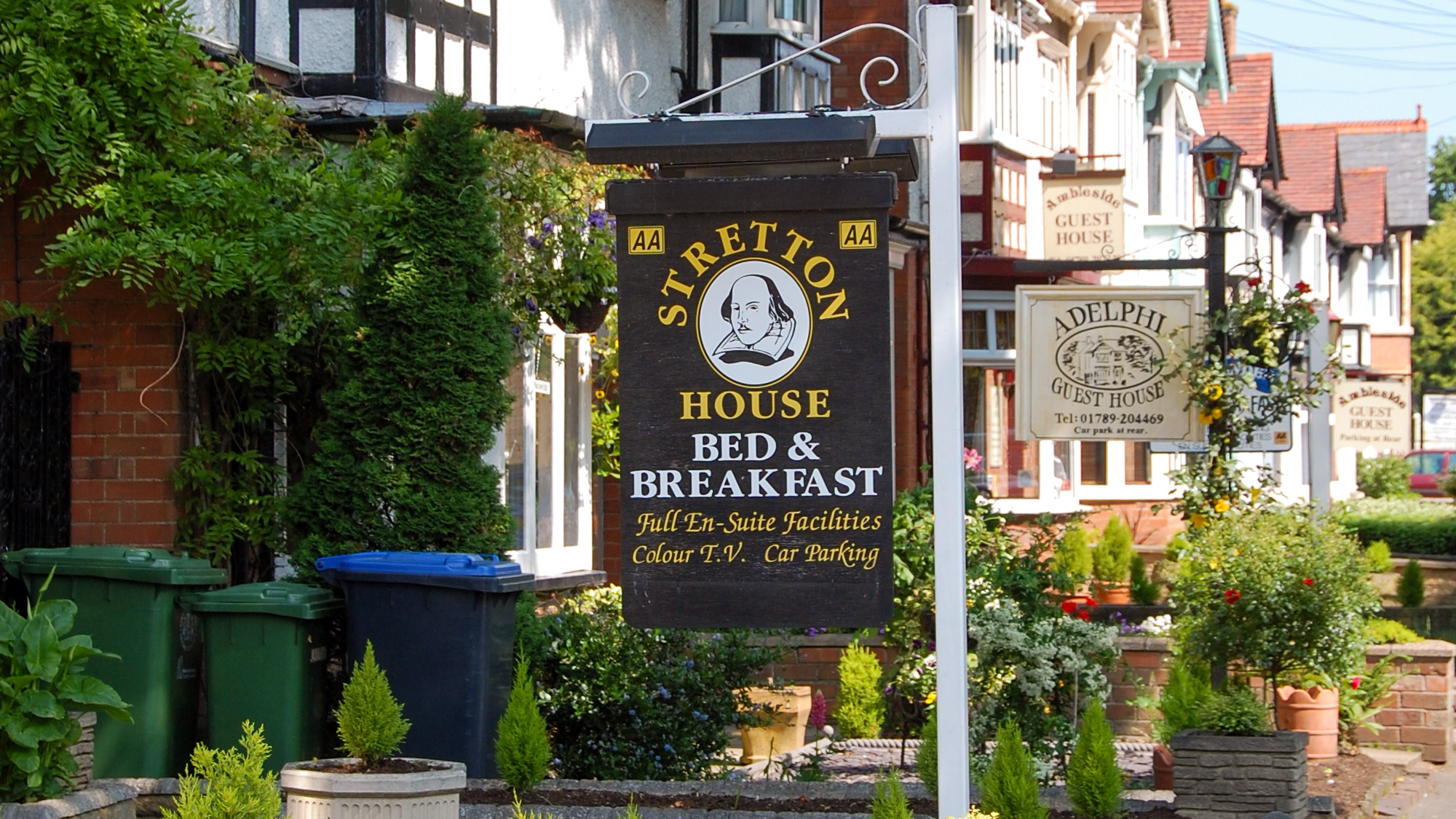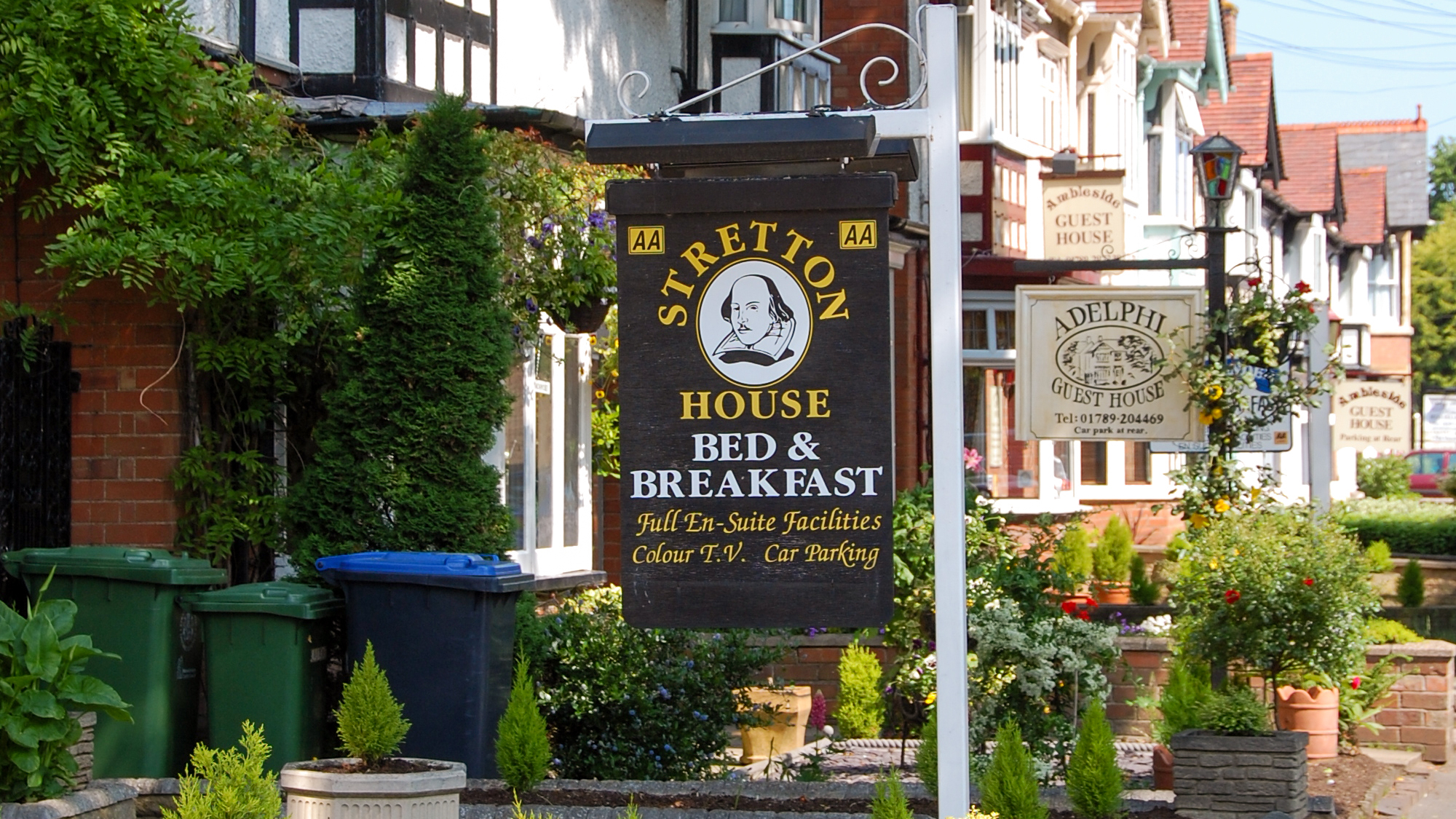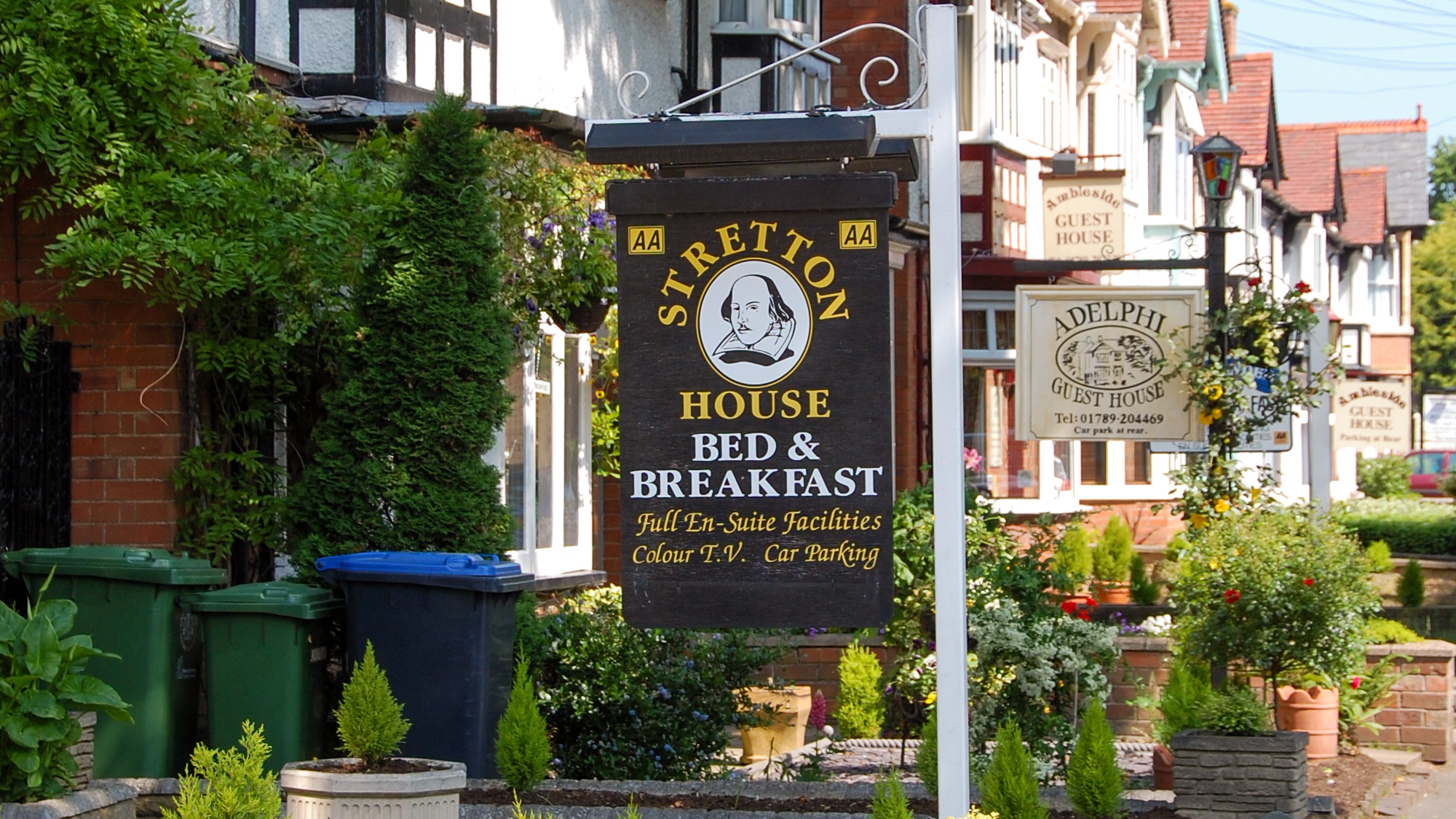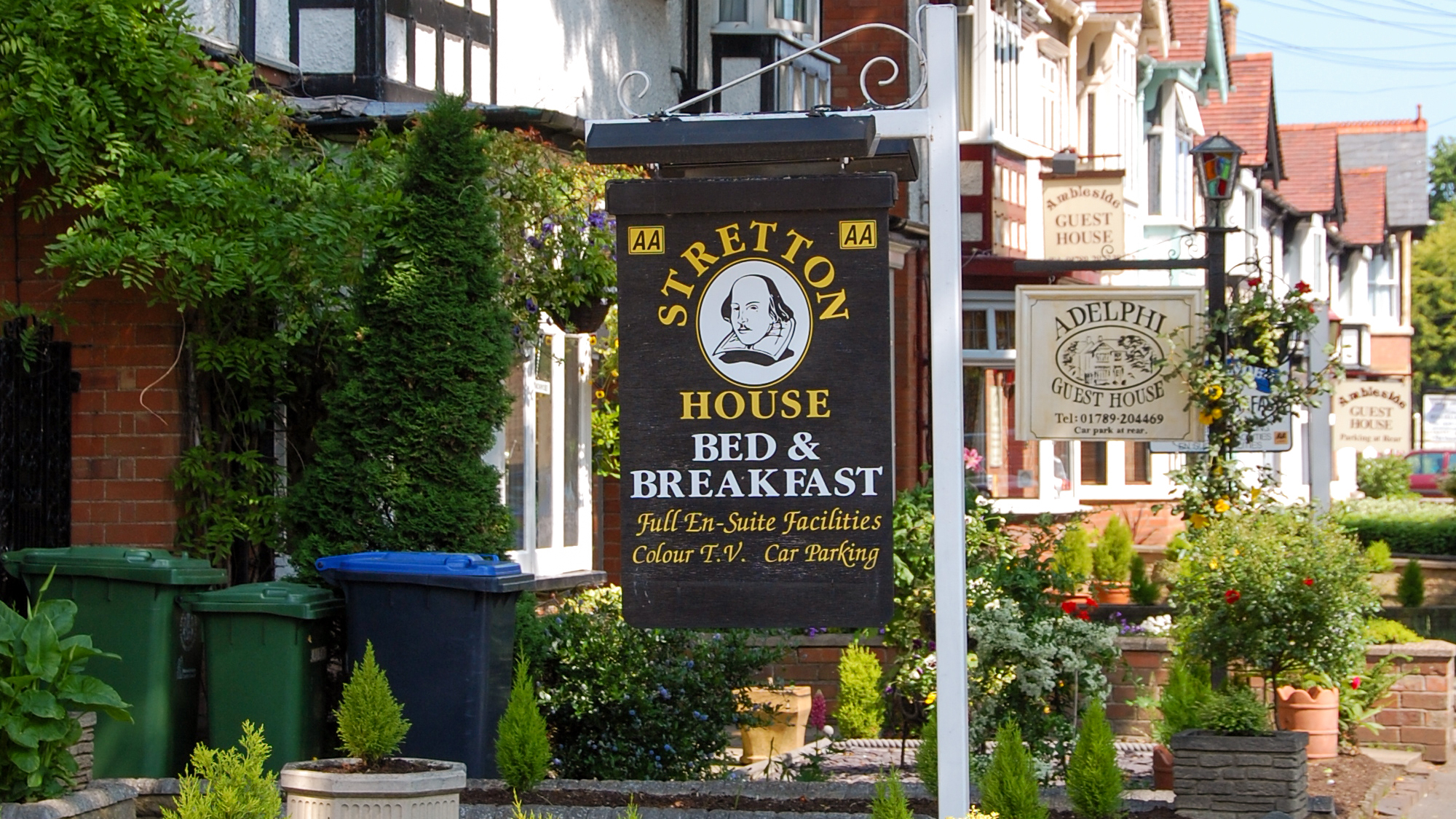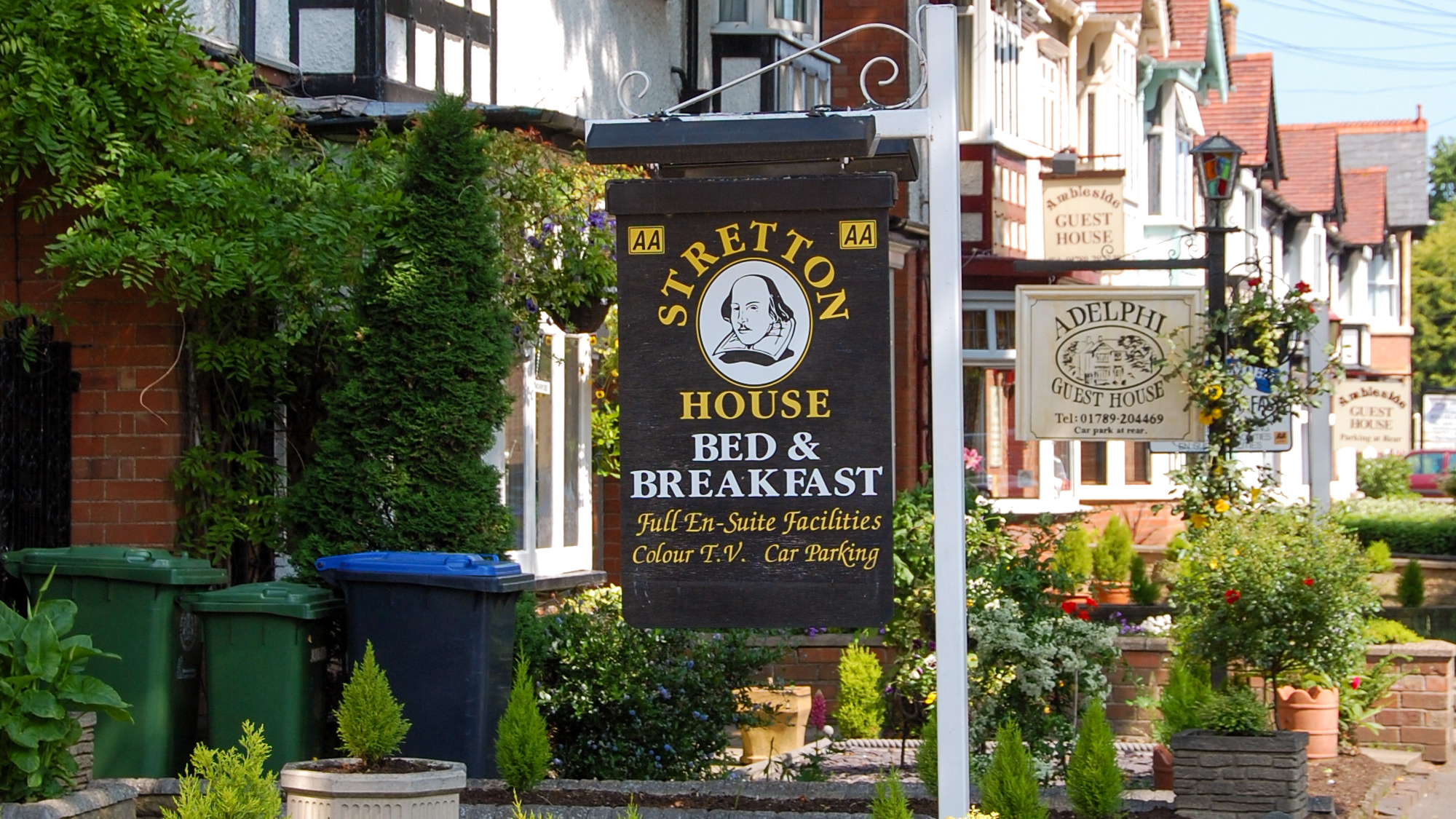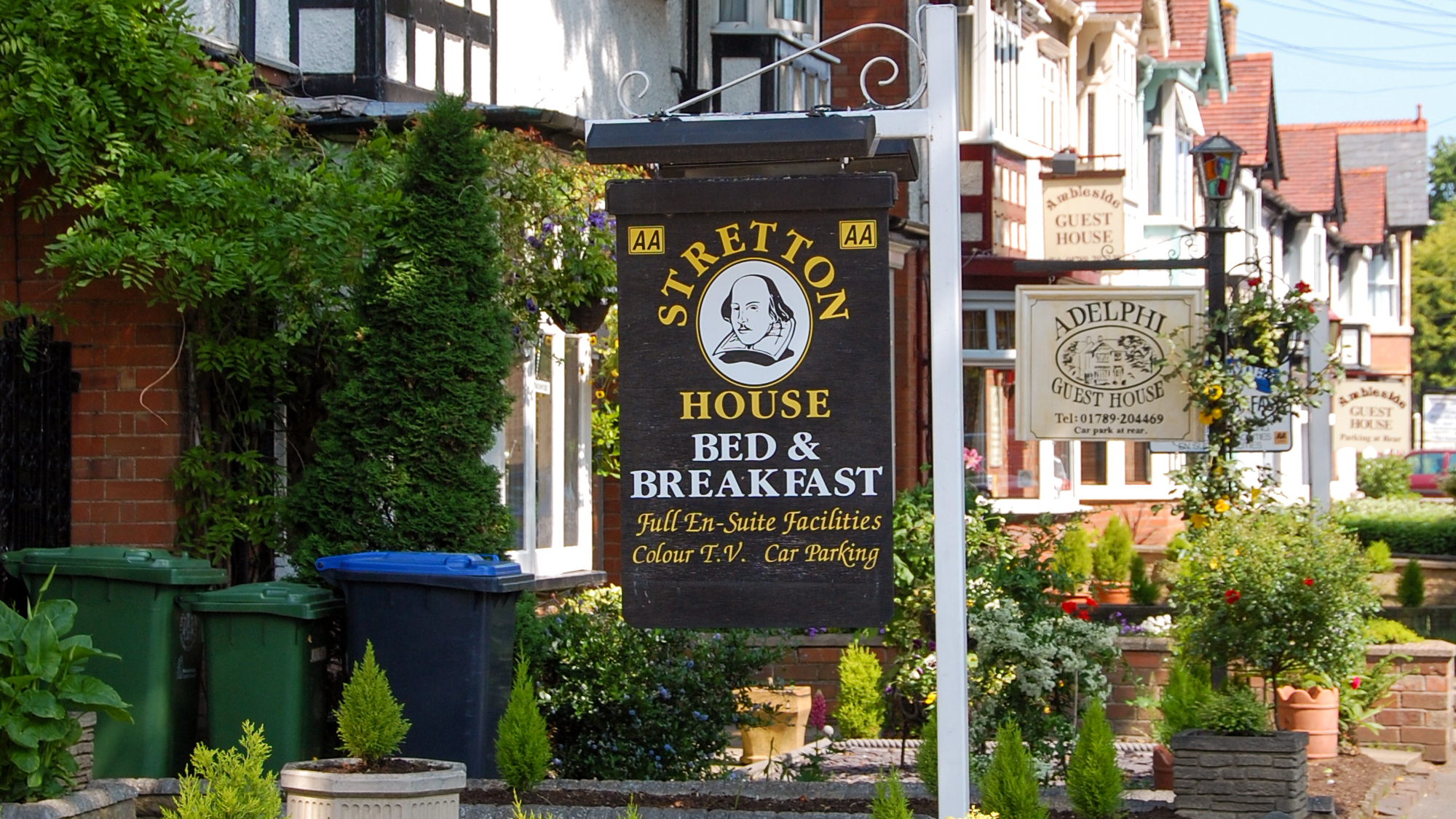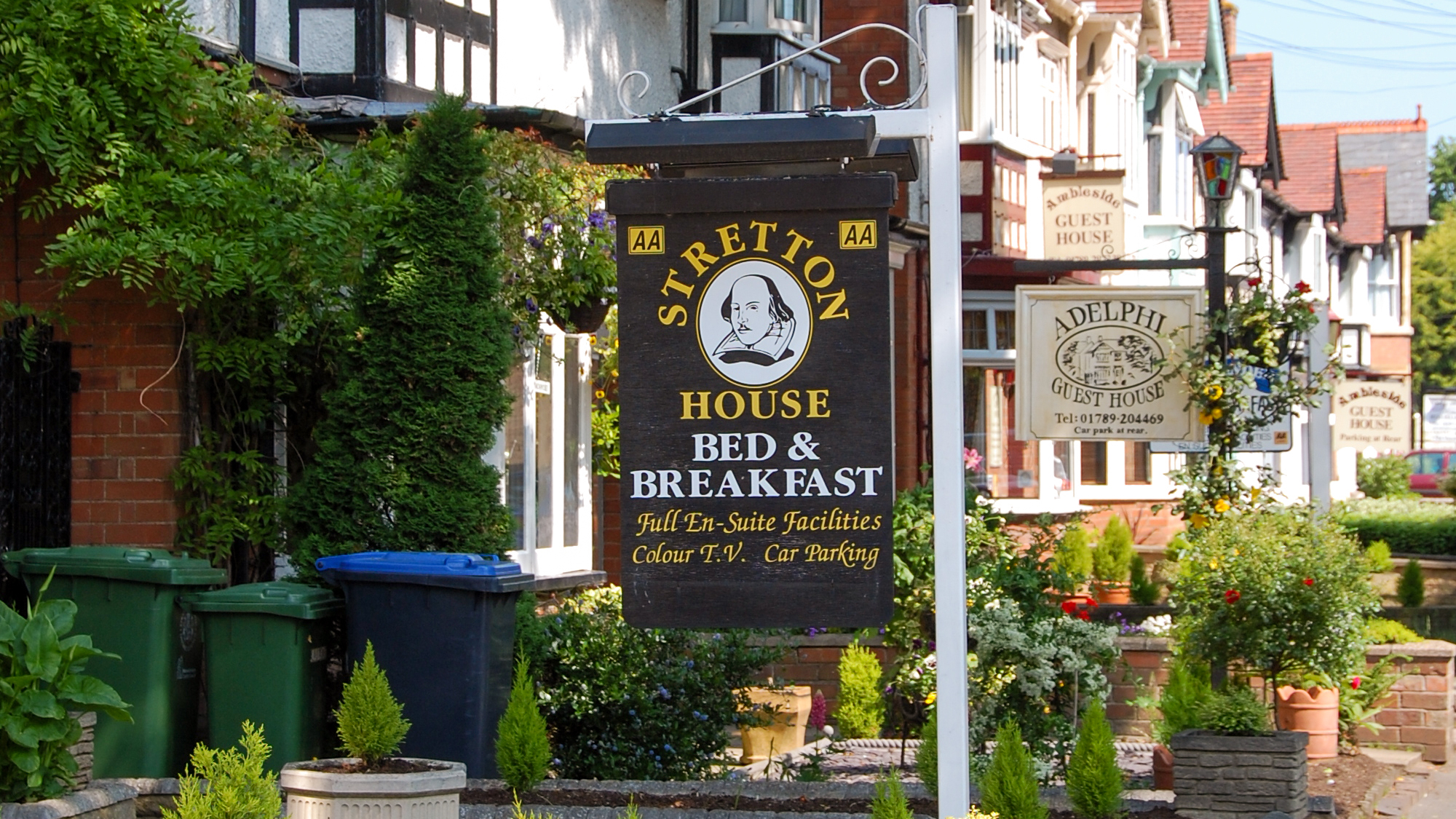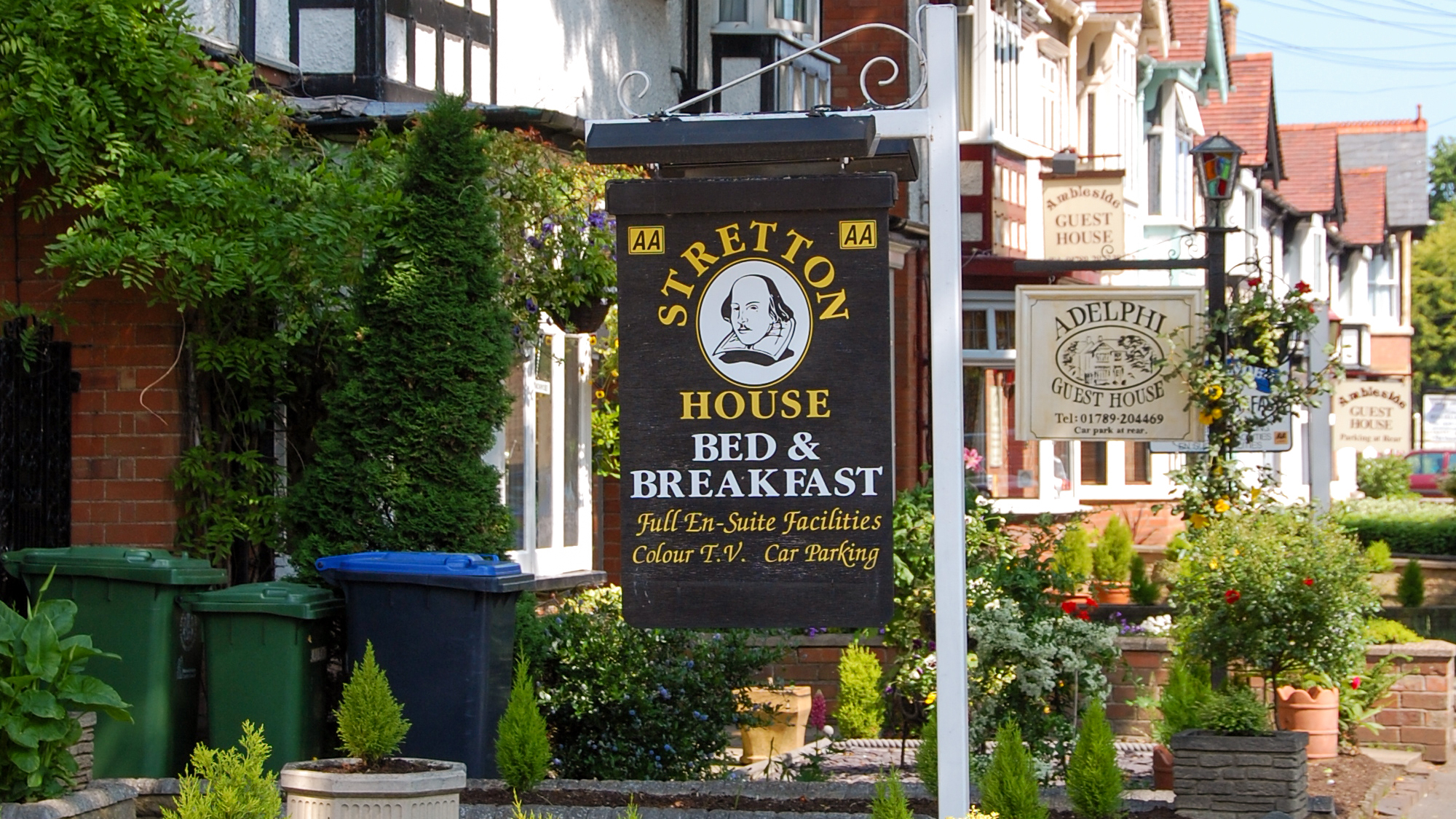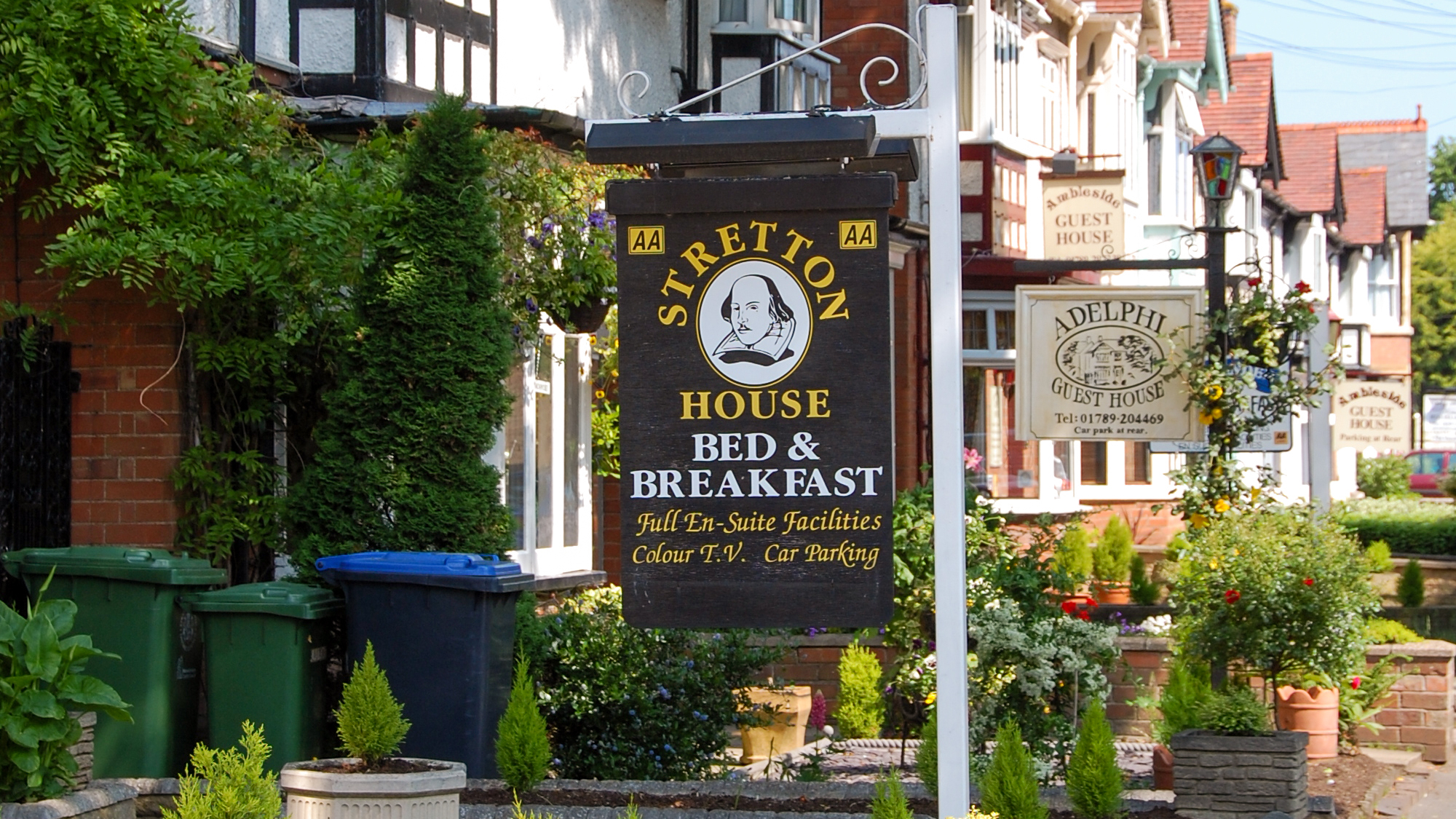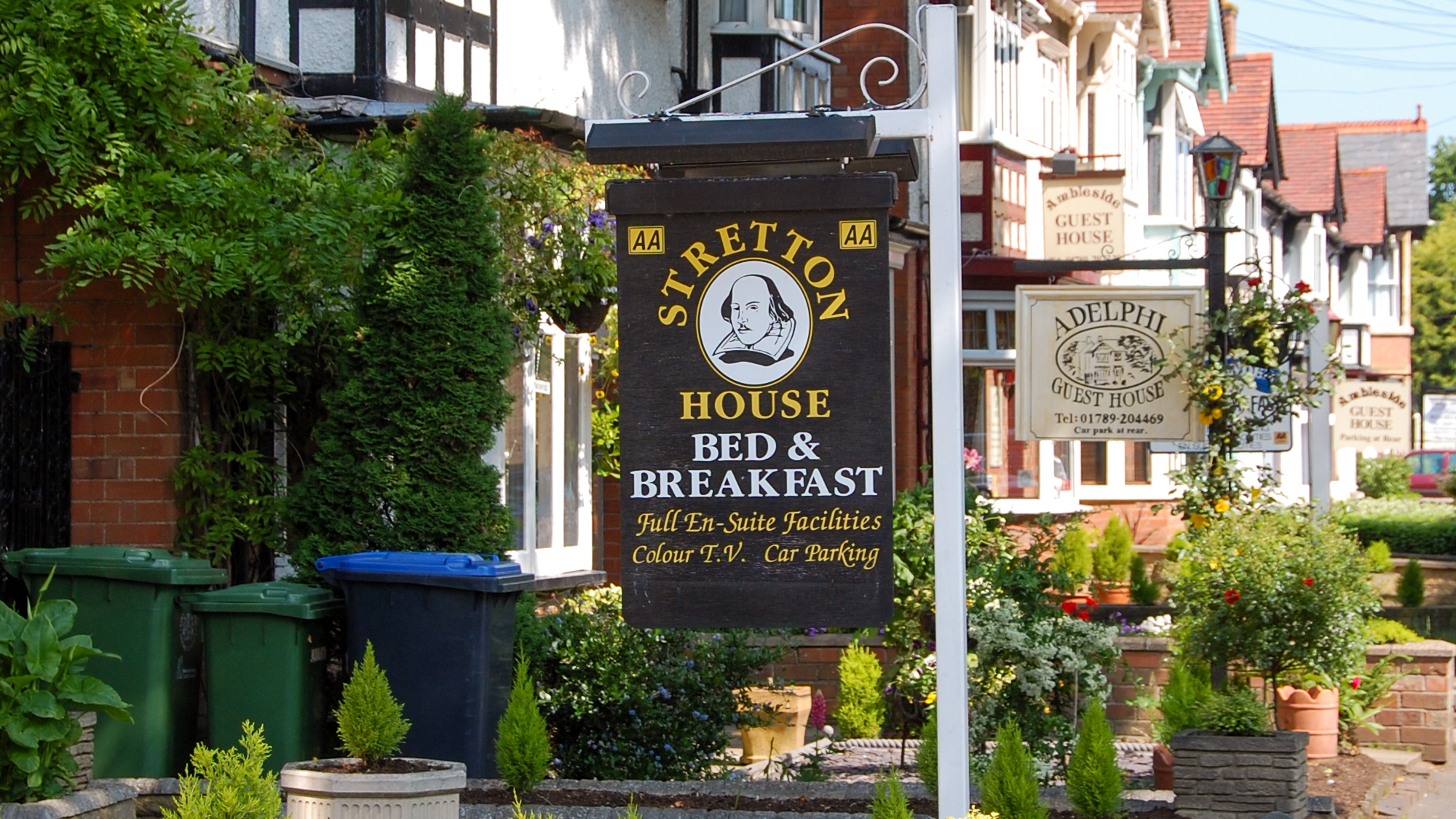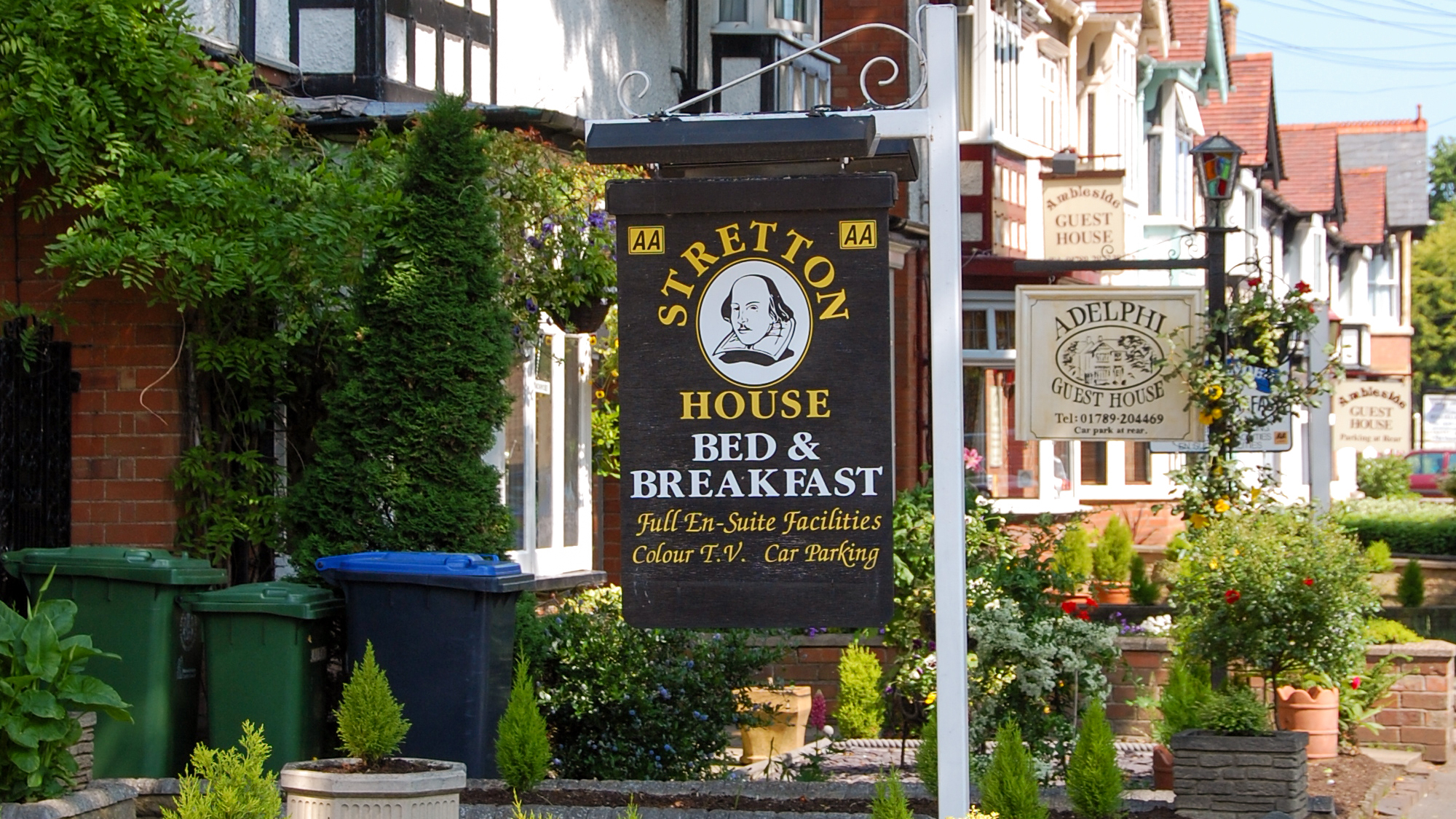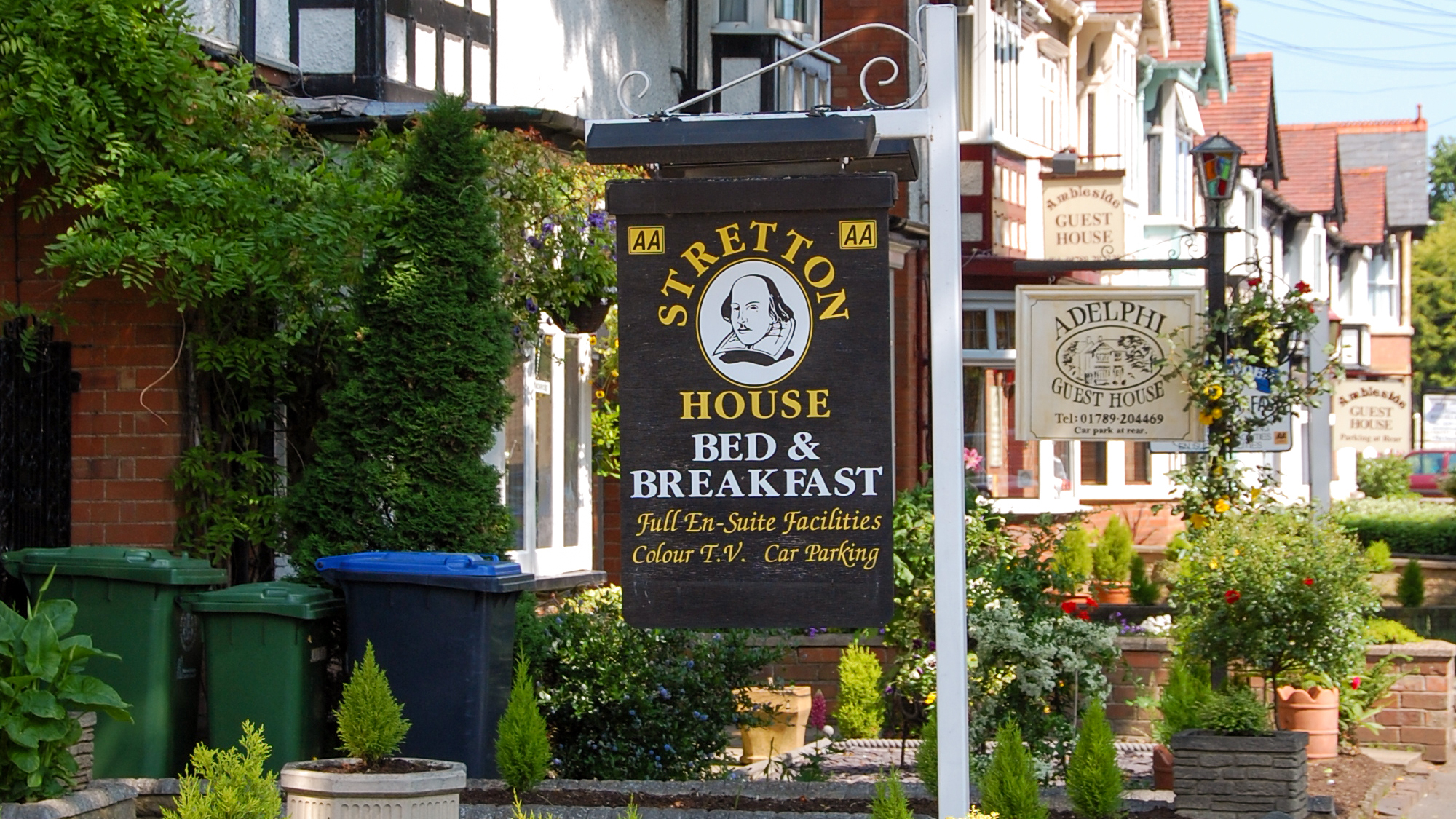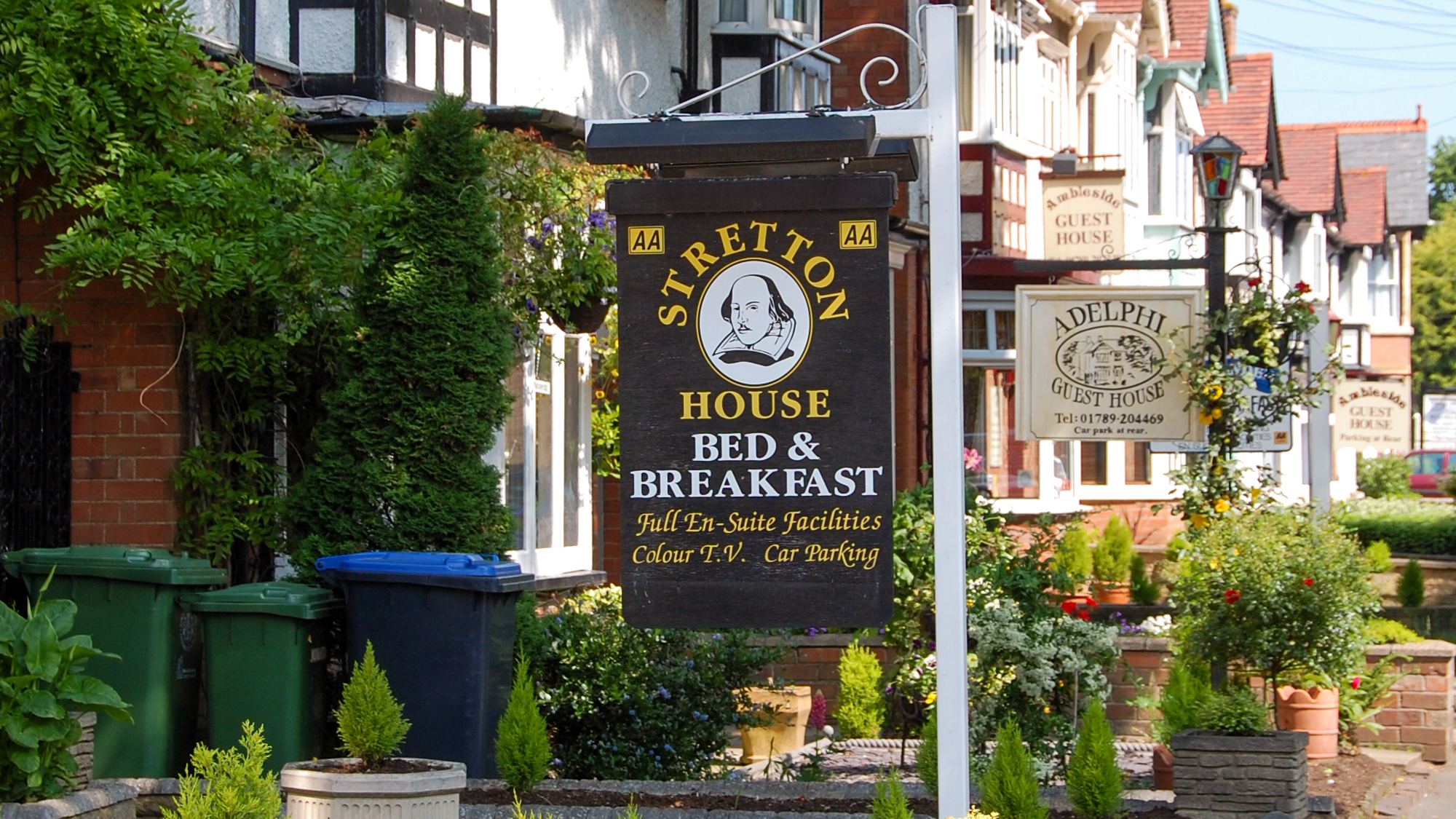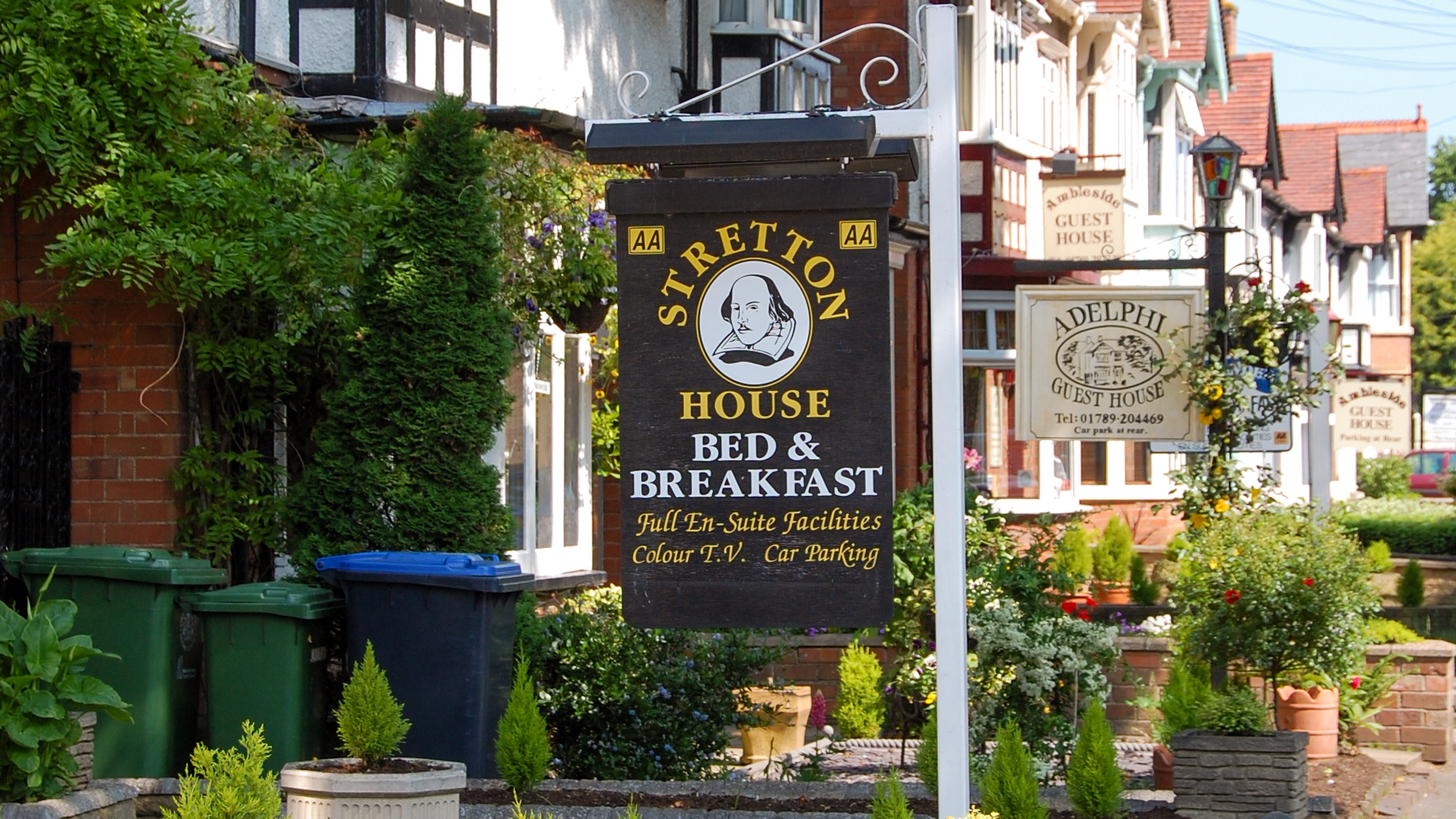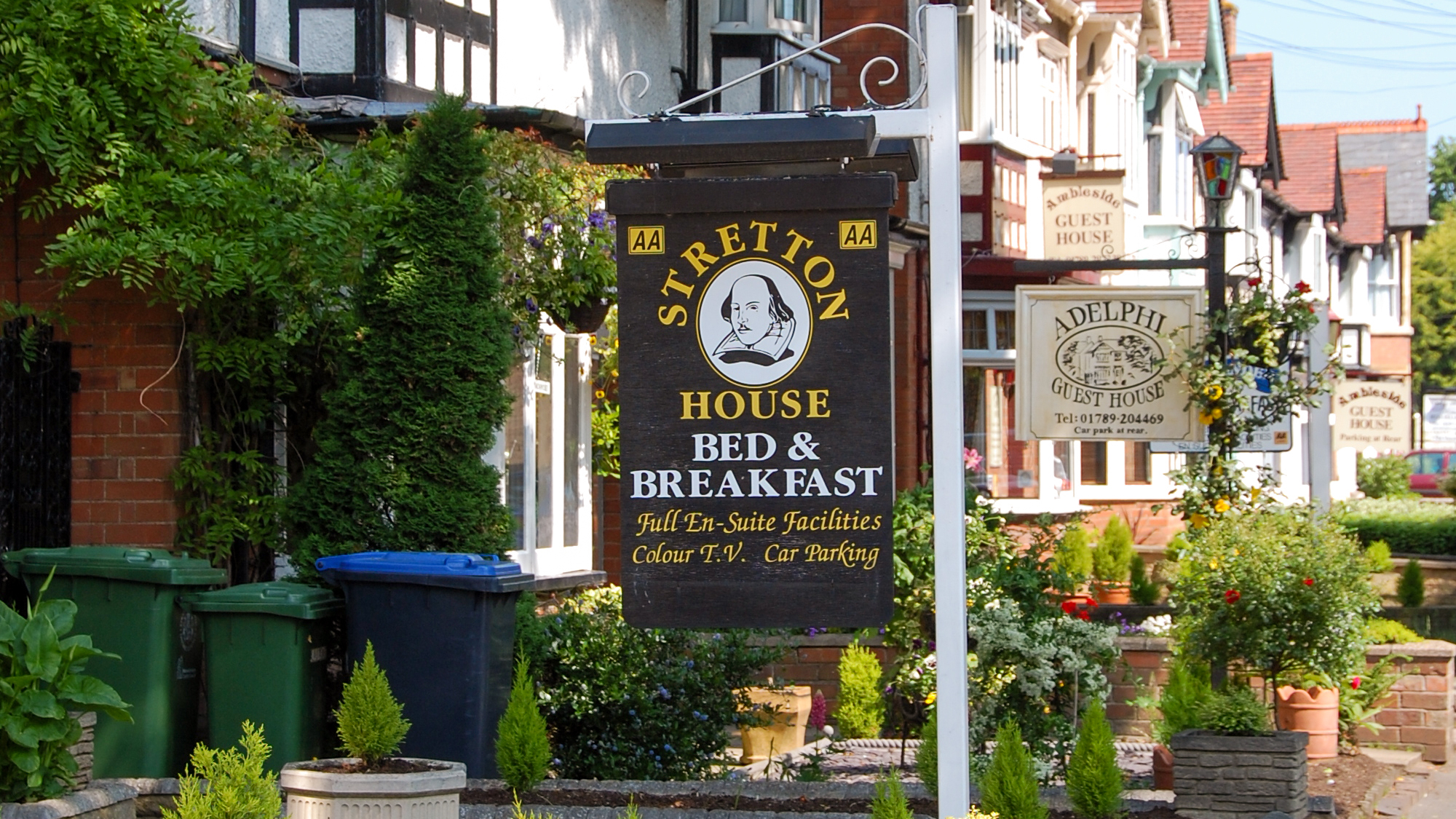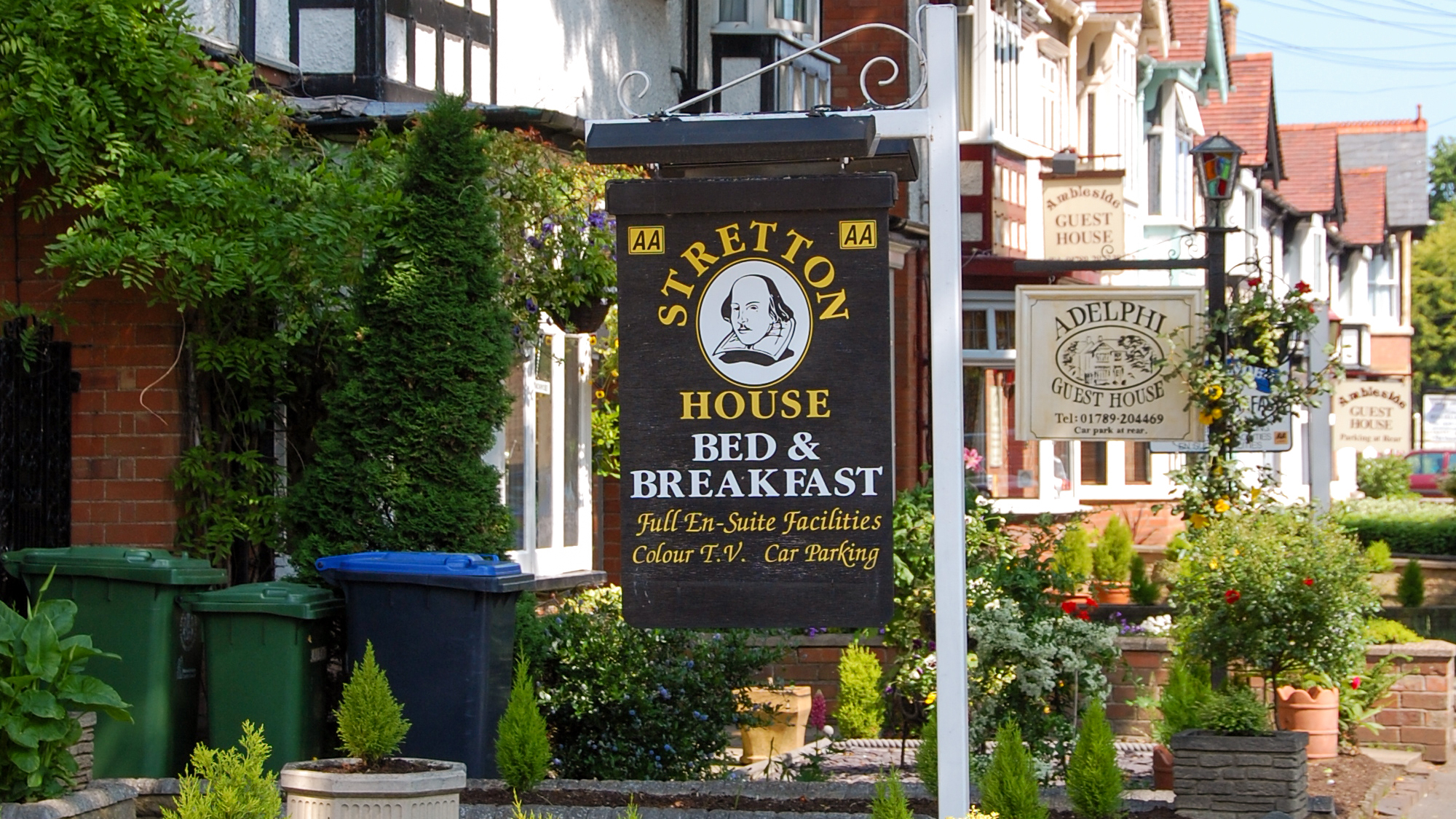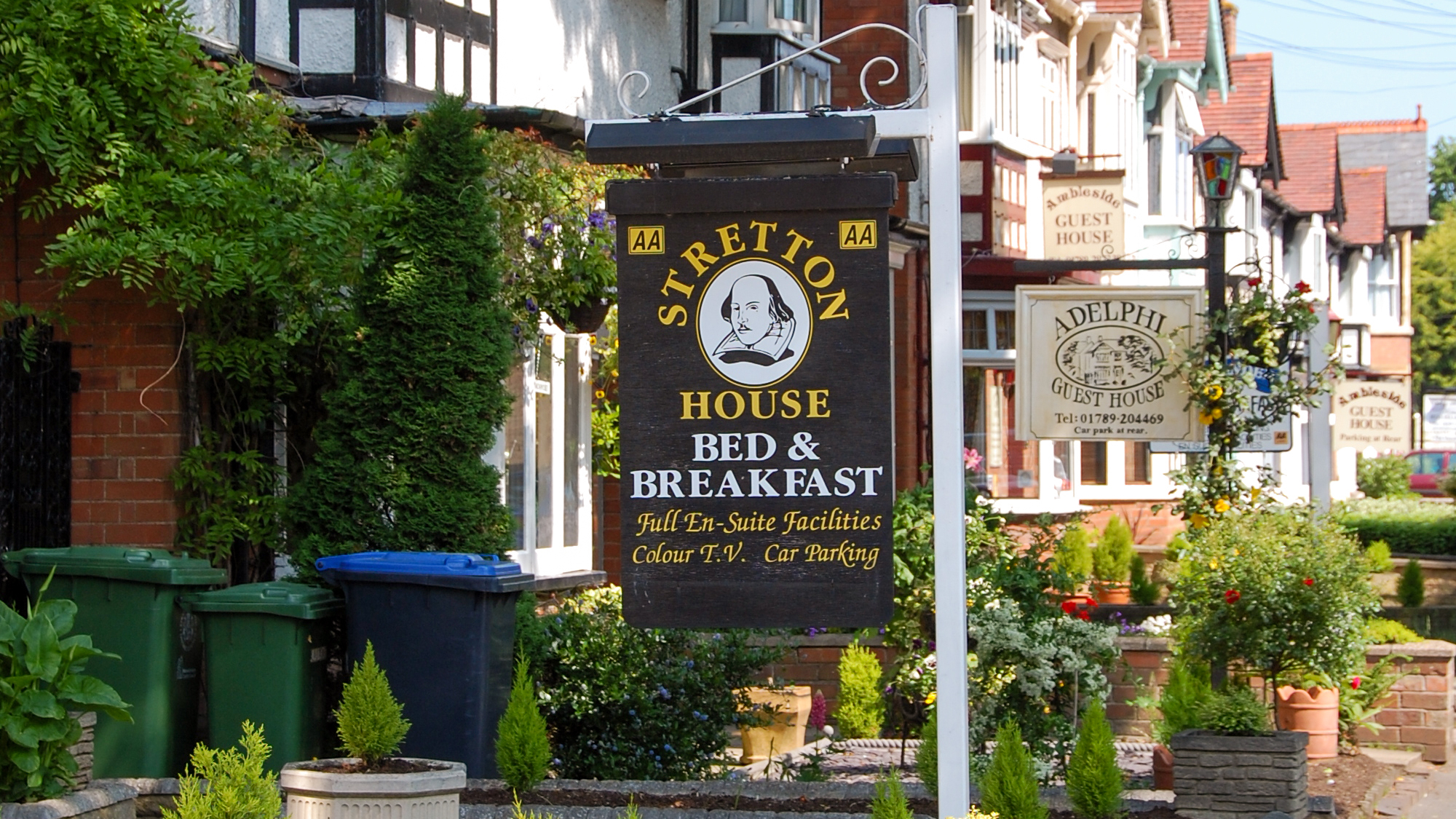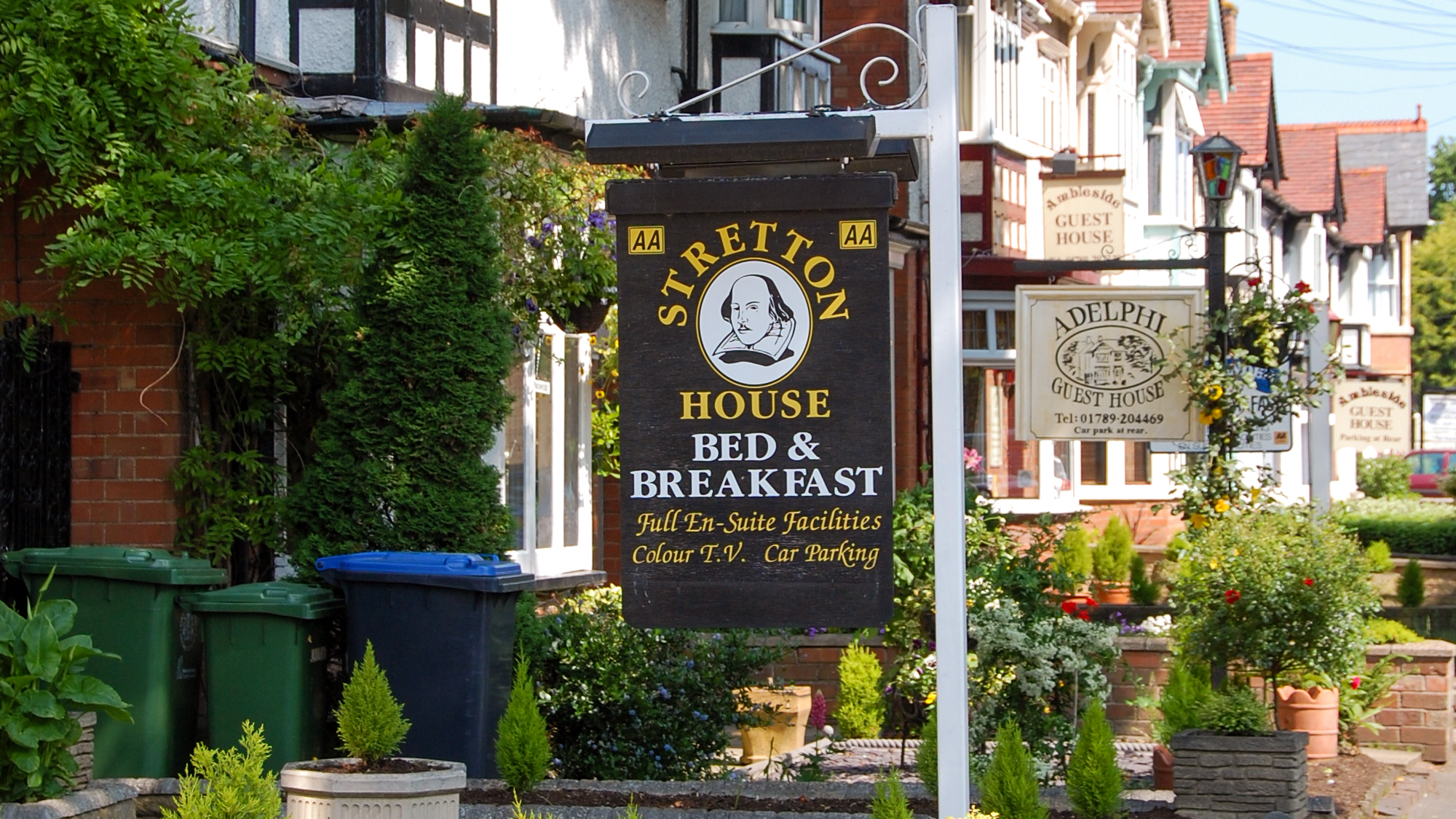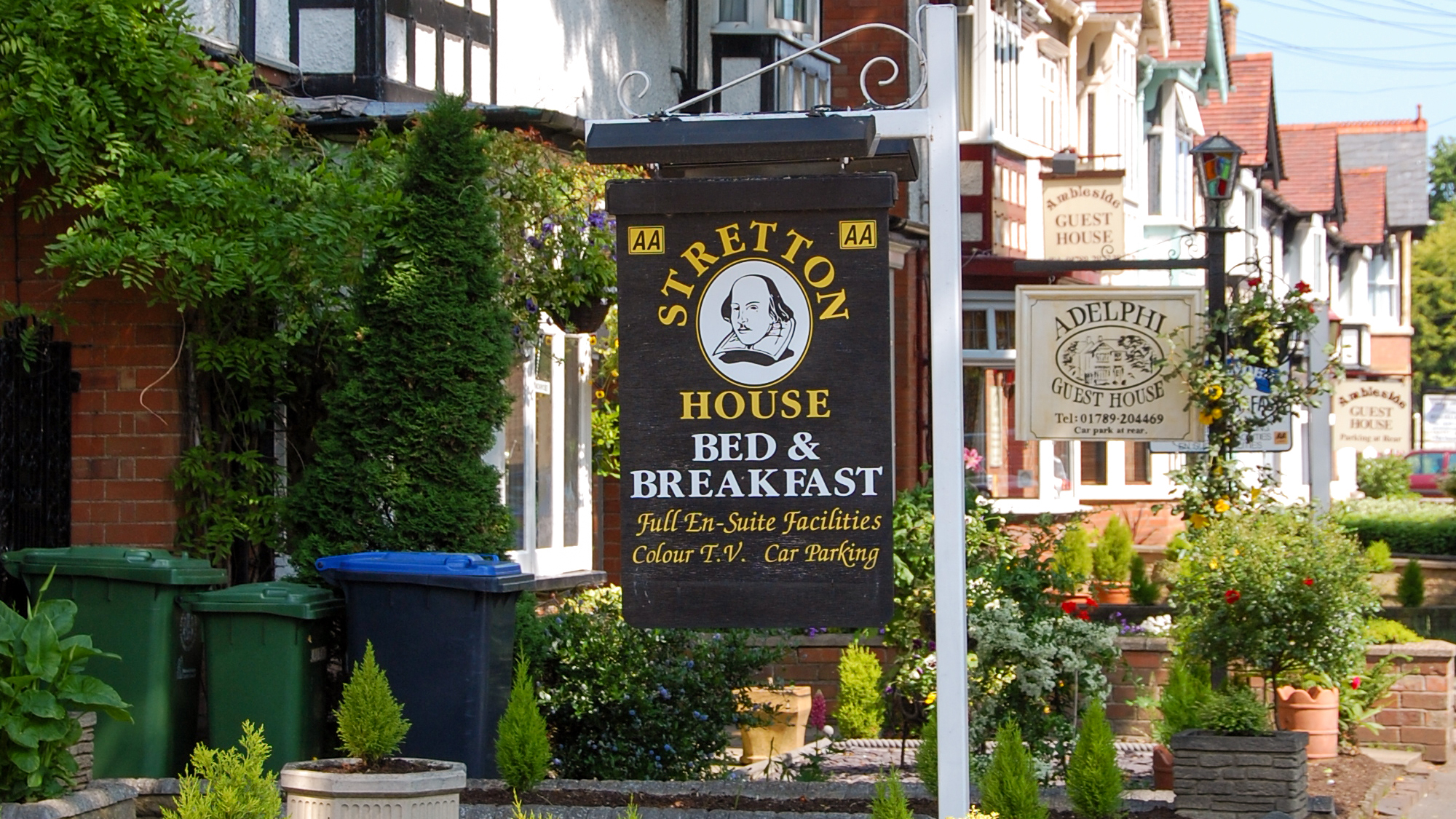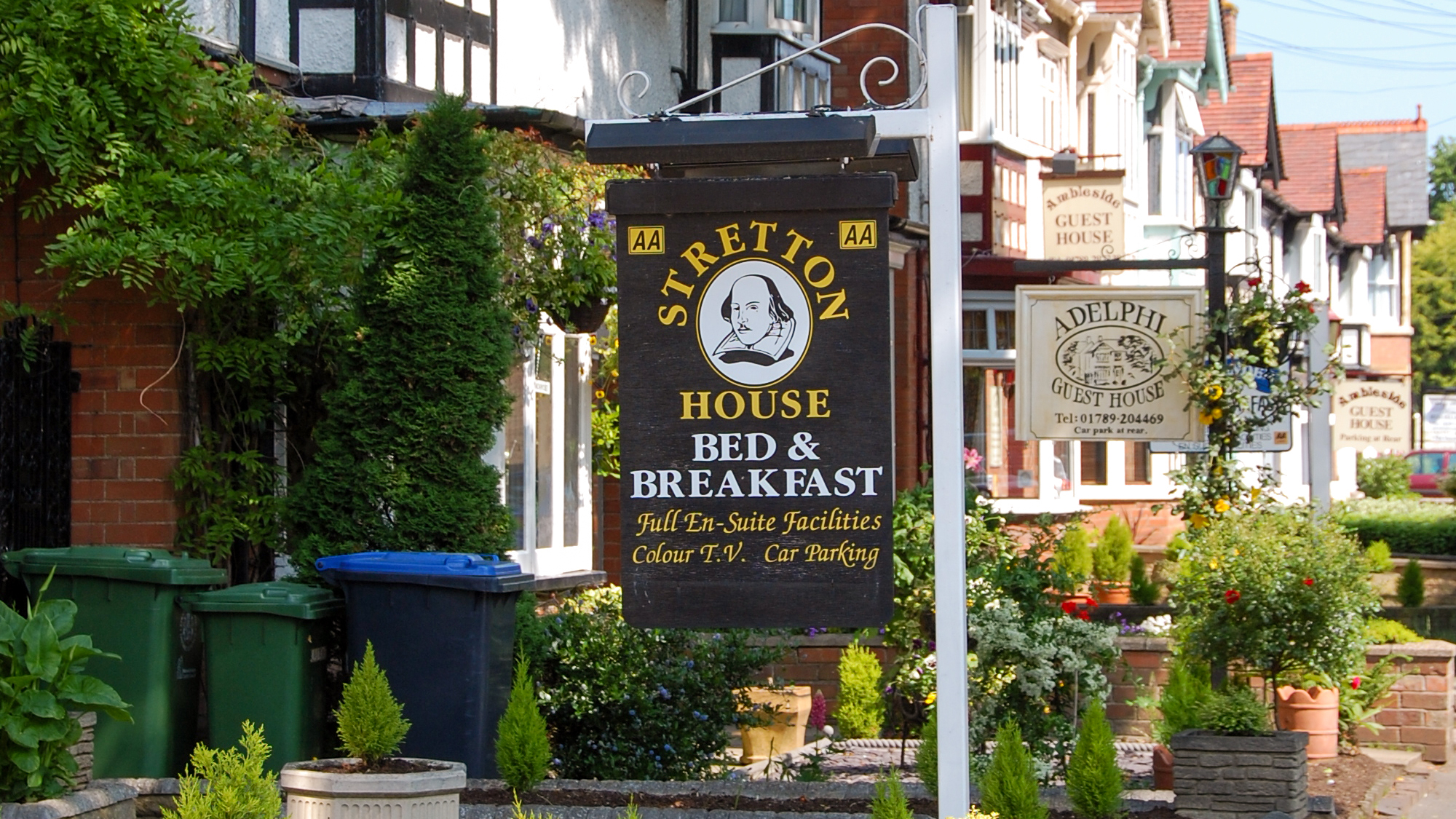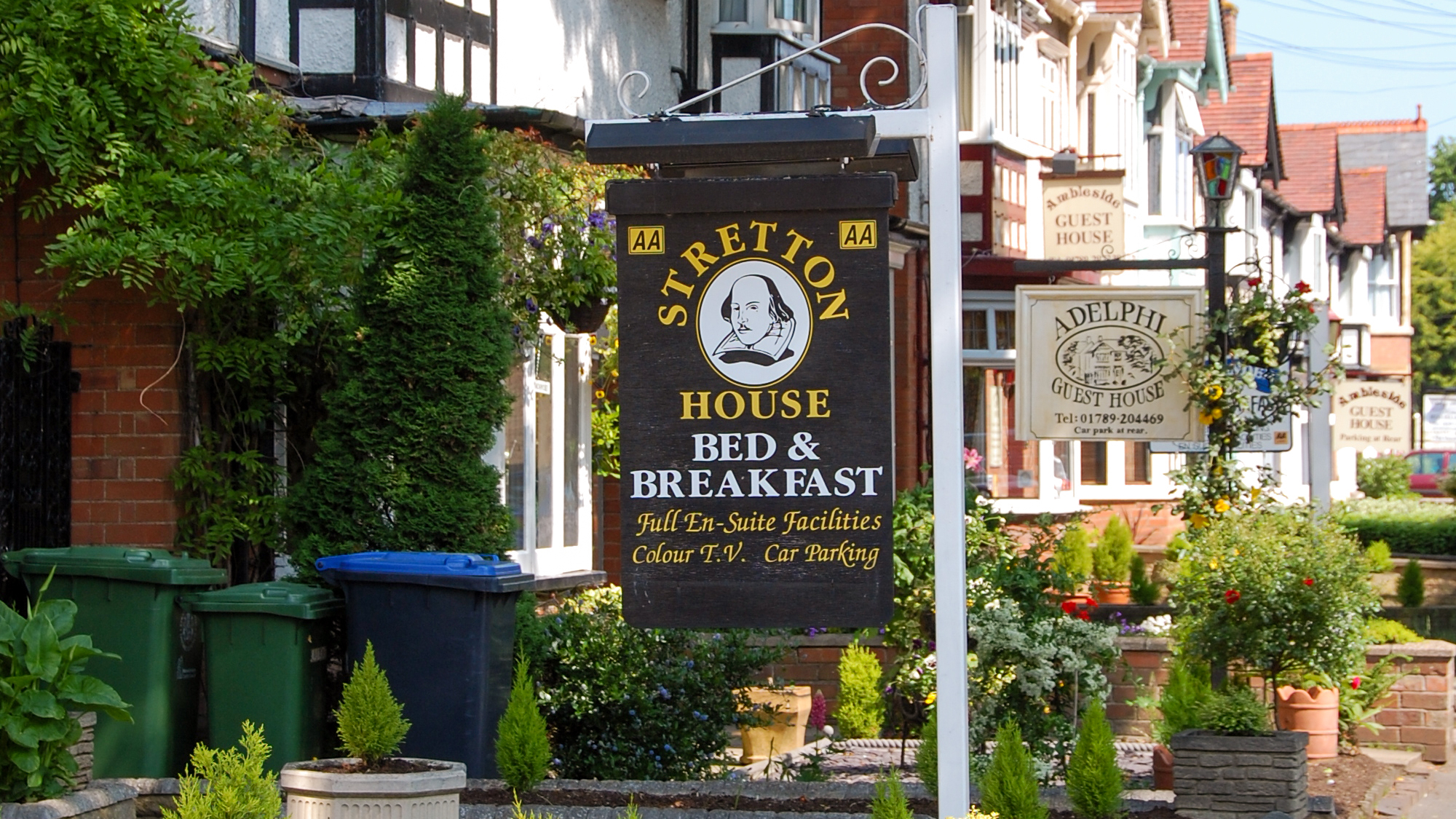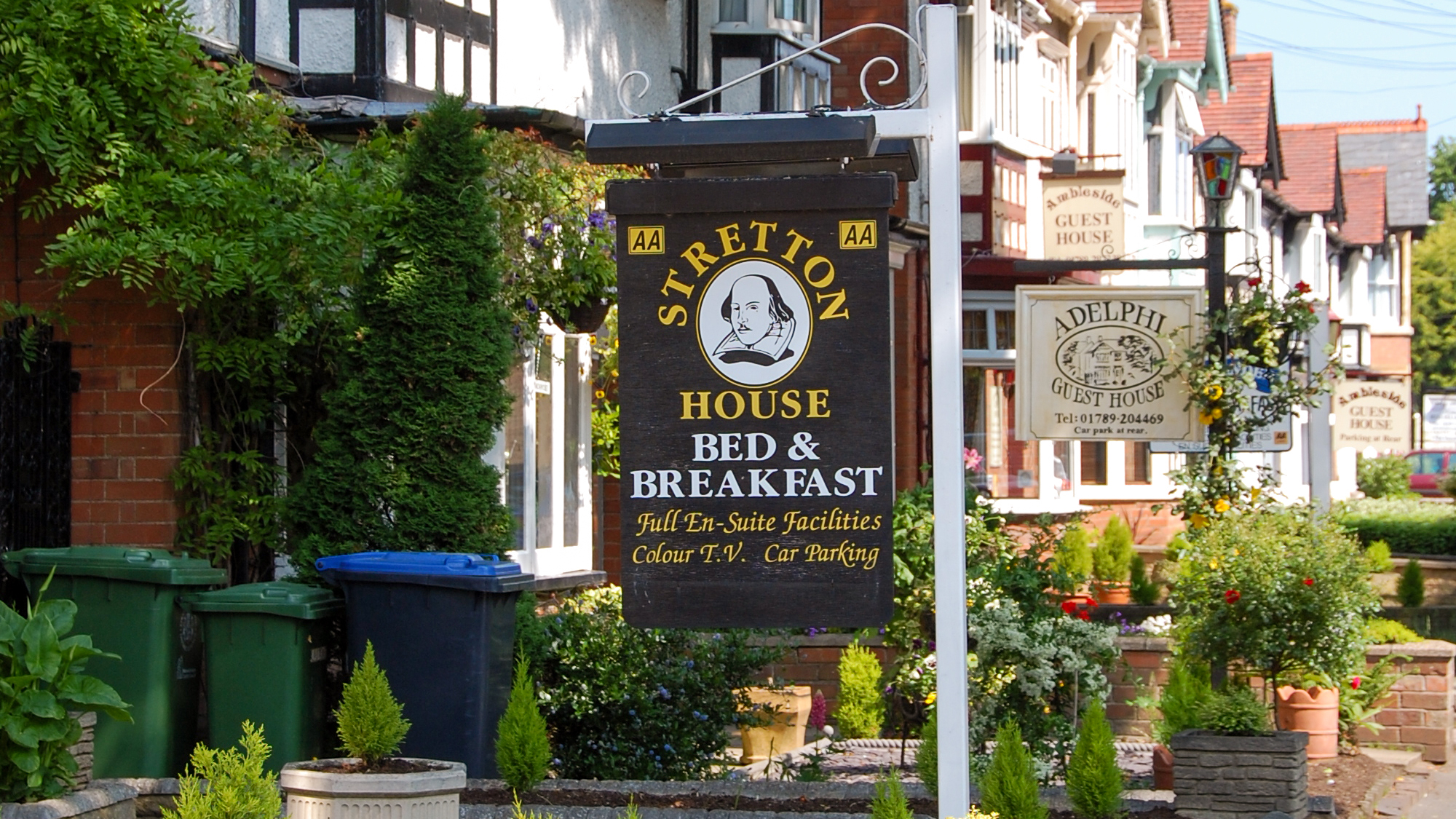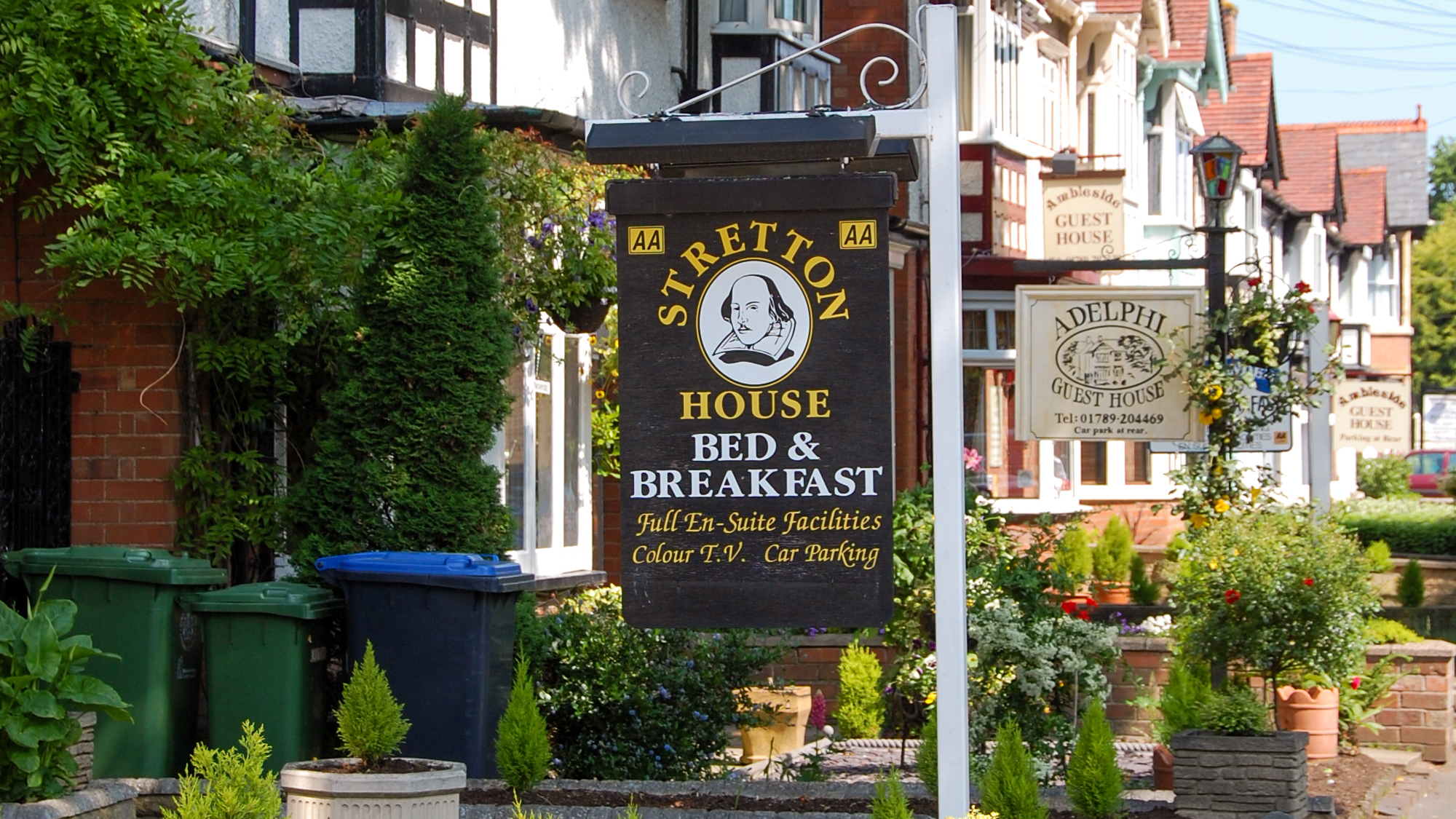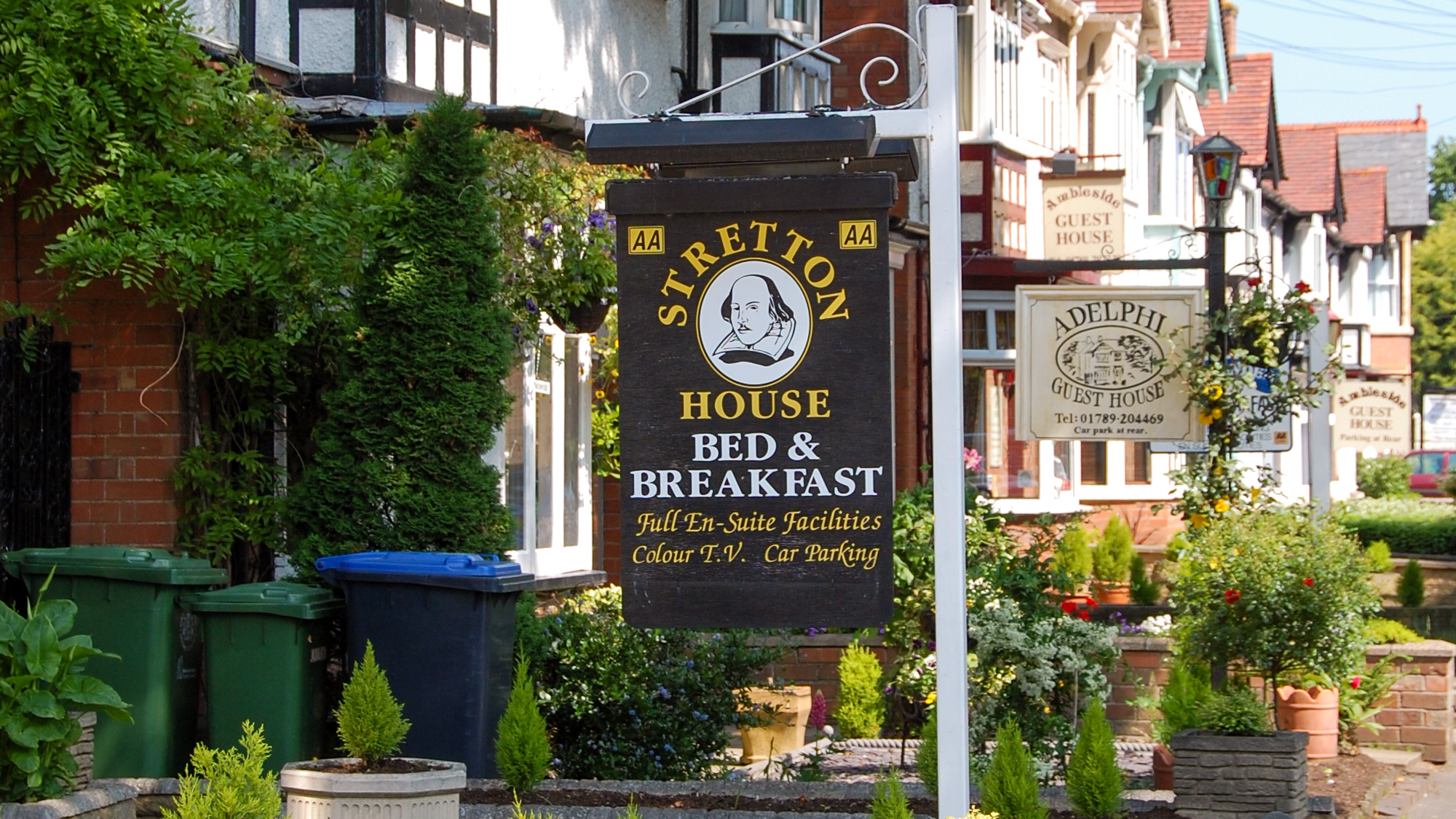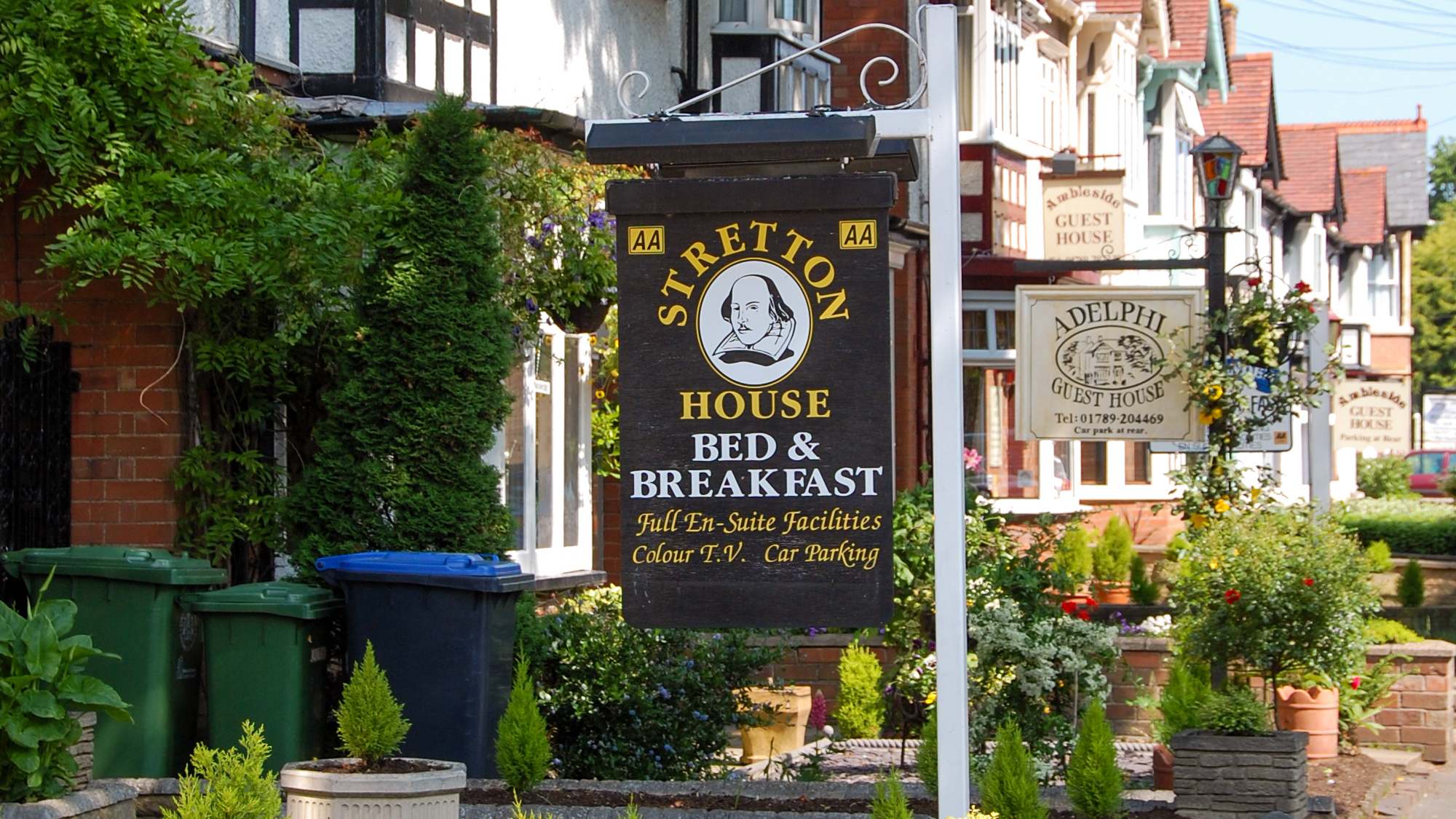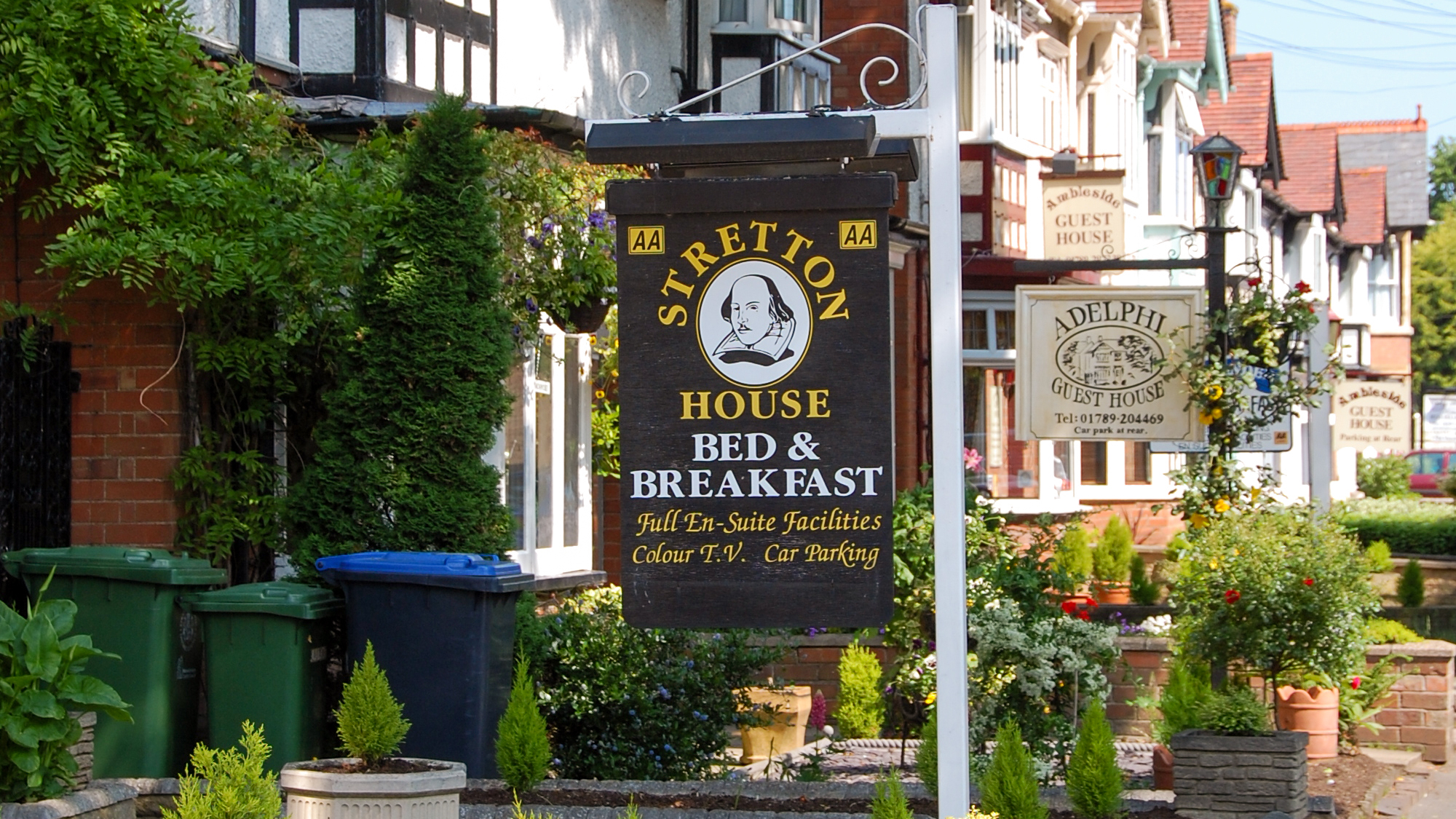Running a bed and breakfast comes with unique environmental risks that many property owners don't fully consider until it's too …
Country House B&B Insurance: Complete Protection Guide for Rural Hospitality Businesses
Running a country house bed and breakfast combines the charm of rural hospitality with the complexities of modern business operations. From converted farmhouses to historic manor houses, country B&Bs face unique risks that require specialized insurance coverage tailored to their distinctive operational needs.
Understanding Country House B&B Operations
Country house B&Bs typically operate in rural or semi-rural locations, often in converted residential properties or purpose-built accommodation facilities. These businesses combine residential property management with commercial hospitality services, creating a complex risk profile that standard home insurance cannot adequately cover.
The rural setting brings both opportunities and challenges. While guests seek the tranquility and authenticity of countryside accommodation, operators must navigate issues like limited emergency services access, seasonal weather challenges, and the integration of modern safety systems into historic or converted properties.
Essential Insurance Coverage for Country House B&Bs
Buildings and Contents Insurance
Your country house B&B requires comprehensive buildings insurance that recognizes the commercial use of your property. This coverage protects the physical structure, including any outbuildings, conservatories, or converted spaces used for guest accommodation. Contents insurance covers furniture, fixtures, fittings, and equipment throughout guest rooms and common areas.
Rural properties often feature unique architectural elements or historic features that require specialist restoration techniques. Ensure your policy includes adequate coverage for these distinctive elements, as standard replacement costs may not reflect the true cost of authentic restoration.
Public Liability Insurance
Public liability protection is crucial for any business welcoming guests onto their premises. This coverage protects against claims from guests who may suffer injury or property damage during their stay. For country house B&Bs, this includes protection against accidents in gardens, car parks, dining areas, and guest accommodation.
Consider the outdoor activities and amenities you offer. Walking trails, garden tours, outdoor dining areas, or recreational facilities each present potential liability exposures that your policy should address.
Employers Liability Insurance
If you employ staff for housekeeping, maintenance, cooking, or reception duties, employers liability insurance is legally required. This protection covers claims from employees who suffer work-related injuries or illnesses. Rural operations may involve additional risks such as grounds maintenance, heating system management, or working in isolated locations.
Professional Indemnity Insurance
Professional indemnity coverage protects against claims arising from advice or recommendations you provide to guests. This might include local area recommendations, activity suggestions, or travel advice. While claims are relatively rare, the financial protection this coverage provides offers valuable peace of mind.
Business Interruption Insurance
Business interruption coverage compensates for lost income when your B&B cannot operate due to insured damage. For seasonal businesses or those dependent on peak trading periods, this protection is particularly valuable. Consider coverage that includes additional expenses for alternative accommodation arrangements for existing bookings.
Rural locations may face extended interruption periods due to limited contractor availability or specialist restoration requirements for historic properties. Ensure your policy provides adequate coverage periods and considers these rural-specific factors.
Cyber Insurance Protection
Modern B&B operations rely heavily on online booking systems, payment processing, and guest data management. Cyber insurance protects against data breaches, system failures, and cyber attacks that could compromise guest information or disrupt booking operations.
This coverage becomes increasingly important as guests expect seamless digital experiences, from online booking to contactless check-in systems.
Key Risk Factors for Country House B&Bs
Property-Specific Risks
Historic or converted properties may present unique challenges including aging electrical systems, period heating arrangements, or structural considerations that require specialist attention. Modern safety requirements must be balanced with heritage preservation, potentially creating complex risk management scenarios.
Seasonal Variations
Many country B&Bs experience significant seasonal variations in occupancy and weather-related risks. Winter heating costs, storm damage potential, and reduced emergency services access during adverse weather all require consideration in your insurance planning.
Guest Safety Considerations
Rural locations may present unfamiliar hazards for urban guests, including uneven terrain, agricultural activities in surrounding areas, or wildlife encounters. Clear signage, appropriate warnings, and comprehensive risk assessments help minimize liability exposures.
Food Safety and Catering
If you provide meals or refreshments, food safety becomes a critical consideration. This includes proper food storage, preparation area hygiene, allergen management, and staff training. Your insurance should reflect the scope of catering services you provide.
Choosing the Right Insurance Provider
Specialist Knowledge Requirements
Select an insurer with specific experience in hospitality and rural business insurance. They should understand the unique challenges of country house operations and offer policy features designed for your sector.
Policy Flexibility
Look for policies that can adapt to seasonal variations in your business, accommodate property improvements or expansions, and provide coverage for the full range of activities you offer guests.
Claims Support
Rural locations may require specialist claims handling, particularly for property damage or business interruption scenarios. Ensure your insurer can provide appropriate support and has experience with rural business claims.
Risk Management Best Practices
Property Maintenance
Regular maintenance schedules become even more critical in rural locations where emergency repairs may be more complex or costly. Document all maintenance activities and ensure compliance with safety regulations.
Guest Communication
Clear communication about property features, local conditions, and safety considerations helps minimize incidents and demonstrates your commitment to guest welfare.
Emergency Procedures
Develop comprehensive emergency procedures that account for rural location factors such as extended emergency services response times or seasonal access challenges.
Staff Training
Ensure all staff understand emergency procedures, guest safety protocols, and the specific risks associated with your rural location and property type.
Cost Considerations and Premium Factors
Property Valuation
Accurate property valuation is crucial for adequate coverage. Rural properties may require specialist valuation services that understand local construction costs and heritage property considerations.
Business Income Assessment
Seasonal variations and local market factors affect business income calculations. Work with your insurer to establish realistic income projections that reflect your operational patterns.
Security Measures
Rural locations may benefit from enhanced security systems, both for theft prevention and guest safety. Many insurers offer premium discounts for appropriate security installations.
Regulatory Compliance and Licensing
Planning Permission
Ensure your insurance coverage aligns with your planning permission conditions and any restrictions on commercial use of your property.
Fire Safety Regulations
Country house B&Bs must comply with fire safety regulations appropriate to their size and guest capacity. Your insurance should reflect compliance with these requirements.
Food Hygiene Standards
If providing meals, maintain appropriate food hygiene ratings and ensure your insurance covers food-related liability exposures.
Making a Claim: What to Expect
Immediate Response
Contact your insurer immediately after any incident. Rural locations may require additional time for assessor visits or specialist contractor availability.
Documentation Requirements
Maintain detailed records of property condition, maintenance activities, and business operations. This documentation supports efficient claims processing.
Business Continuity
Work with your insurer to minimize business disruption during claims processing. This may include temporary accommodation arrangements for guests or alternative operational locations.
Frequently Asked Questions
Do I need different insurance if I live on the premises?
Yes, mixing residential and commercial use requires specialist coverage that addresses both personal and business exposures appropriately.
How does seasonal operation affect my insurance?
Many insurers offer flexible policies that can adjust coverage levels based on seasonal operations, potentially reducing costs during closed periods.
What if I offer additional activities like guided walks or workshops?
Additional activities may require specific coverage extensions. Discuss all services you provide with your insurer to ensure comprehensive protection.
How do I handle guest property damage claims?
Your public liability insurance typically covers accidental damage to guest property. Maintain clear incident reporting procedures and contact your insurer promptly.
Does my insurance cover outdoor events or weddings?
Special events may require additional coverage or policy extensions. Discuss any event hosting with your insurer before accepting bookings.
What about coverage for guest cancellations due to property damage?
Business interruption insurance may include coverage for lost bookings due to insured property damage, but terms vary between policies.
How do rural location factors affect my premiums?
Rural locations may face higher premiums due to extended emergency response times and specialist repair requirements, but may benefit from lower crime rates and reduced liability exposures.
Country House B&B Insurance: Protecting Your Rural Hospitality Investment
Country house B&B operations combine the rewards of rural hospitality with complex insurance needs that require specialist understanding and coverage. From protecting historic property features to managing seasonal business variations, the right insurance partnership provides both financial protection and operational confidence.
Working with insurers who understand the unique challenges of rural hospitality businesses ensures your coverage evolves with your operations and provides the protection your country house B&B deserves.


 0330 127 2333
0330 127 2333
